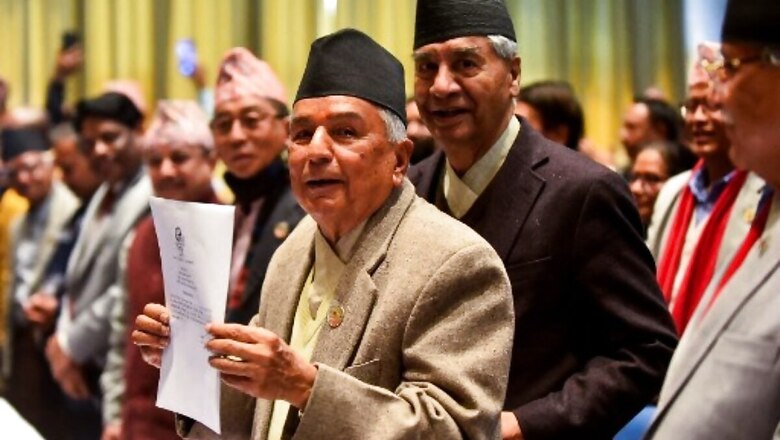
views
While Nepal’s democracy is well-known for its surprise elements, considering it was ruled by a consensus government, it was expected that the newly formed government will have a greater leaning towards governance and curing endemic developmental disorders instead of letting realpolitik come to full circle in no time. An unexpected haggling over Nepal’s presidential election was not something desirable, especially its culmination as an unfortunate showdown between two highly experienced leaders — Nepali Congress senior leader Ram Chandra Poudel and Communist Party of Nepal-Unified Marxist-Leninist Party (CPN-UML) vice-chair Subash Chandra Nembang. Both of them previously served as Speaker of the House of Representatives, hence the latest developments reflect on distraction with the Prime Minister Pushpa Kamal Dahal-led government being exposed.
With strong fundamentals in his favour, in terms of support of eight parties—the Nepali Congress, the CPN (Maoist Centre), the Janata Samajbadi Party, the CPN (Unified Socialist), the Janamat Party, the Loktantrik Samajbadi Party, the Nagarik Unmukti Party and the Rastriya Janamorcha, Poudel became Nepal’s third President with a significant majority. Initially, Nembang’s candidacy was only supported by CPN-UML, and that first signalled the chasm in a new coalition that formed as an alternative to the previous one, where the Nepali Congress commanded high ground with Sher Bahadur Deuba as the Prime Minister. It questioned the rationale behind the coalition-making that stood the ground, with a resolve of political-economic stability in uncertain times where Nepal’s positioning is too precarious.
Presidential Election & More
Reportedly, Prime Minister Pushpa Kamal Dahal had stopped Foreign Minister Bimala Rai Paudyal’s visit to Geneva. Paudyal was scheduled to leave for Switzerland to participate in the 52nd session of the United Nations Human Rights Council (UNHRC). Noticeably, Nepal is a member of the Human Rights Council. The reason is not much known, but it was called off following the formation of a new coalition of eight parties for the upcoming presidential election. Evidently, the relations between the major ruling parties — CPN (Maoist Centre) and CPN-UML — soured after Prime Minister Prachanda forged an alliance with the Nepali Congress for the presidential election and supported the Congress candidate, while the CPN-UML fielded its own candidate for the top post with backup from its Chief and Former Prime Minister KP Sharma Oli.
As per the December 25 (2022) understanding, when Prachanda of CPN (Maoist Centre) became the prime minister with the CPN-UML’s direct support, a UML nominee would be elected the new president (the ruling coalition on its own had enough votes to ensure that). CPN-UML’s Devraj Ghimire was elected the House Speaker based on the same understanding. The understanding came under conflict with Nepali Congress giving their confidence vote to the ruling coalition on January 10, 2023. In reciprocation and with keeping a long-term plan of potential political realignment, PM Prachanda went a step ahead in generously offering the presidential seat to Nepali Congress.
Still upbeat in his signature style of working, CPN-UML Chairman KP Sharma Oli said after his party’s Secretariat meeting, “I am confident that Prachandaji will vote for our candidate. He told me that he is now under pressure and in a difficult spot. We are still in touch with some of them. The December 25 agreement holds and we are confident that our candidate will win.” With no other better options to confront an unexpected move from the coalition partner, CPN-UML’s continued support to the government for some time was considered a tactical move. Of late, ties severed with CPN (Maoist Centre) going forward with Nepali Congress. Meanwhile, an old matter of ‘monarchy’ is getting stronger traction from different blocks.
Monarchy in Public Imagination
In a statement on the eve of National Democracy Day, former King, Gyanendra Shah, said the country is now caught in the grip of misrule, corruption, depressing economic stagnation and social injustice and it is high time that the monarchy and political parties should cooperate to save Nepal. “Political parties, which are indispensable for democracy, and the monarchy with a patriotic historical heritage, should not hesitate to cooperate with mutual trust to save the country,” the former King added.
His concern regarding long-term peace, stability, international respect and sovereignty found many takers when on 13 February, he joined a public campaign to restore Nepal’s earlier status as a Hindu kingdom.
Shah launched the ‘Let’s Save Dharma, Nation, Nationalism, Culture and Citizens Mega Campaign’ from Kakarbhitta in eastern Nepal’s Jhapa district. A large number of people attended the event, cheering and applauding the move. The campaign was coordinated by Durga Prasai, a Central Committee Member of CPN-UML (led by former Prime Minister KP Sharma Oli).
Notably, the event took place on the day PM Pushpa Kamal Dahal-led Nepal government declared a holiday, on the occasion of the 23rd anniversary of the Maoist war. Reports suggest that several ruling party members were against the decision to declare Monday as a public holiday for the first time. They refused to recognise the insurgency as a ‘people’s war’.
Nepal was a Hindu nation before it was declared a ‘secular state’ in 2008, after the success of the people’s movement of 2006, which led to the abolishing of a monarchy. Hinduism is the largest religion in Nepal, constituting more than 81 percent of the population. As per a news agency report, the Shankaracharya of Govardhan Math in Puri, Nischalananda Saraswati said that Nepal is a Hindu nation, ‘theoretically and practically,’ as he performed a special puja on the occasion of Maha Shivaratri festival at the holy centuries-old Pashupatinath Temple in Kathmandu. In the public imagination, monarchy as an institution never ceased to exist.
An Institutional Shift
The presidential system with its proximity to the ruling establishments has earned its own share of public wrath that is now being expressed and making a case for the restoration of the monarchy (in symbolic form) and ‘Hindu Rashtra’ status. This is still not an organised movement and certainly, even if it gets firmed up, democracy will go on as an established system in Nepal. Time will tell whether the people of Nepal will prefer to continue with the presidential system or a new kind of monarchy for ceremonial purposes.
As a young democracy but an old society, Nepal’s transition is yet not over. As survivalist tendency has been guiding the political choices rather than the right sets of priorities meant to upscale the economic fortune of the masses, Nepal is destined to confront the changing aspirations of the new generation. Going forward, there should be no room for ‘comedy of errors’. If this can be read as ‘Writing on the Wall’, democracy will be benefitted in Nepal.
Atul K Thakur is policy professional, columnist and writer with a special focus on South Asia. The views expressed are personal.
Read all the Latest Opinions here










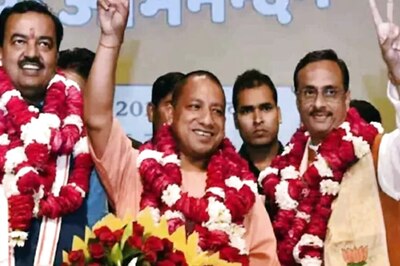
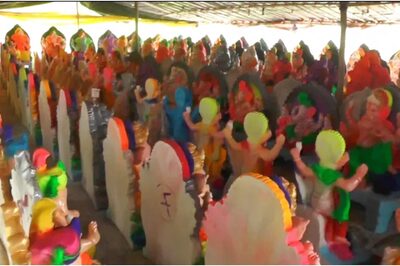
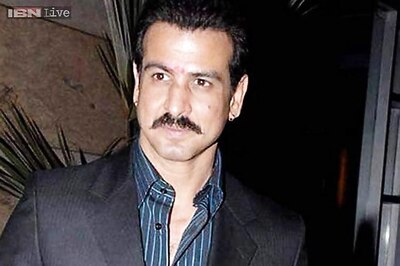
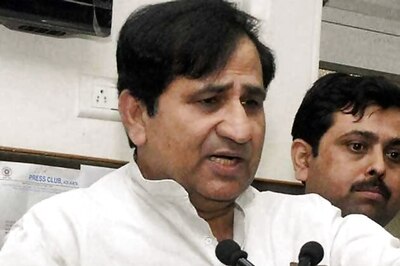

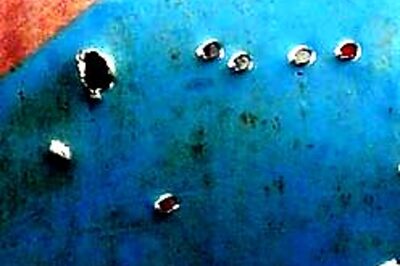


Comments
0 comment